Powered by RedCircle
A friend of mine recently asked me about handling crisis with some big picture perspective. Sometimes worst case scenarios do come true. Relationships can be destroyed. People can die. Knowing this possibility, how can one take a deep breath and make good decisions?
I got this question as we were busily preparing for Hurricane Irma. While we were spared the vast majority of its powers, others had their lives and livelihoods destroyed. We were spared this time. Others weren’t.
Whether this hurricane gets you, or an earthquake comes, or the diagnosis comes back unfavorably, at some point the Worst Case Scenario is going to hit you. When it does, there are two looming questions that have to be answered.
1). What does this say about God?
2). What do I do now?
I feel like those two questions have dominated the last 20 years of my life. During that time:
- I’ve been to college to study what the Bible says about God and people.
- I’ve preached my first wife’s funeral at 28 years old.
- I’ve heard the words “cancer” with my son and live every day with the understanding that remission could turn into relapse.
- I’ve wrestled (this morning) with the fears that no treatment may fix a family member’s mental illness, and many may suffer because of it.
- I’ve come to know Jesus in ways I never would have thought possible. This one is the most important.
About God
It is a wicked, false teaching that says if you love and trust God enough, you will be spared crisis and storm. We live in a fallen world. It’s ravaged by the effects of sin. This is one of the primary points of the Bible. God is no less good, holy, or kind just because terrible things happen. It’s the promised results of rebellion.
So God never promised to deliver you from every storm. Cancer. Car Wrecks. Catastrophes. Betrayal. And at some point, we will all experience Category 5 suffering.
God did not promise to deliver you from all suffering. What He DID promise you was that he would be with you in the suffering. That He would never leave you, nor forsake you. And that if you belong to Him, then ETERNALLY he will work every bit of this nastiness for your good (Romans 8:28).
I can tell you from experience. He will be there.
God will be with you.
Every one of those five words is vital. This is your hope.
About What I Should Do
Because the contexts of our sufferings are so different, it’s impossible to give a definitive list of “do these things”. But these are some thoughts I hope might guide and encourage you:
- Stop trying to be God. You just cannot control everything. You can’t control most things. What you can control is how you respond. Will you give in to panic or choose to trust?
- Don’t live in the “what ifs”. There’s no such thing as hypothetical grace. When you try to imagine the terrible things that might happen in the future, you’re doing so without the actual grace that God would give you to get through it. Not all of those “what if’s” are going to happen. Some might. Most won’t. But with the ones that do, God has promised to give you grace when the time comes. But not before (Matthew 6:25-34).
- Let other people help you. Have you ever heard the term “God will never give you more than you can handle”? It’s not true. 1 Corinthians 10:13 says that God will not allow you to be tempted with sin beyond capacity to resist. But for the boulders in our lives, God often, OFTEN gives us more than we can handle, because He designed us to need Him, to need one another. You need other people. If someone wants to help, let them help. Stop trying to keep score. Walk in grace and humility.
- Take the 500 year perspective. Remember, you are built for eternity. Knowing this, think about the current Category 5 with the 500 year perspective. “How big of a deal will this be in 500 years?” Most things, even major current life events, will be no more than a blip the long run. Hold fast to the long run.
- Lower your expectations. This time on the east coast of Florida we were expecting a category 5 and effectively got a strong wind storm. But there was still substantial damage and lost power. So we all lowered our expectations. Ate junk food. Took more naps. Released ourselves from our normal levels of “productivity”. And in the process, had some really wonderful relational experiences. It was really freeing.
- If you can, go slow. Sometimes this isn’t possible. But when it is, it’s always wise to slow down when things get really rough. Most decisions really don’t have to be immediate, and if you take a little time, some of them will just work themselves out.
- Be with God. I have already said that God will be with you. But sometimes we ignore that, and we forget to be with God. Take advantage of His presence. Take refuge in His Word. Pray honest prayers. Pray the Psalms if you have no words of your own.
- Hope in God. I went to a concert recently that was for people struggling with self harm. From the stage, the concert organizers kept telling the audience to not give up hope, but there was no backing to their hope. They were hoping in… hope. I’m telling you, hope in God. He WILL be there. He WILL see you through. All of this darkness WILL be made right in eternity. Don’t give up hope.
Life is hard, but life is good. And many of the most important parts of our character are going to be shaped by those very hard things.
I pray you breathe deep, love hard, and know the Author of Life in the Valley of the Shadow of Death.
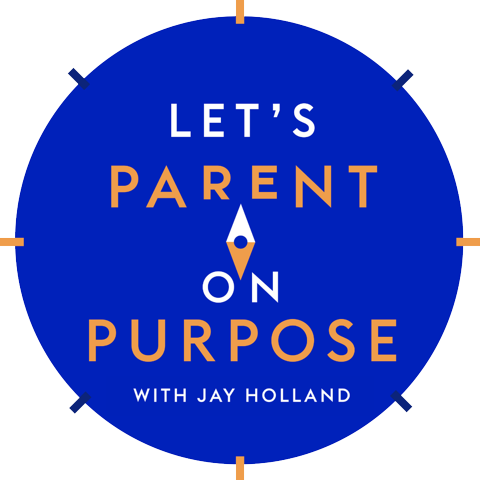

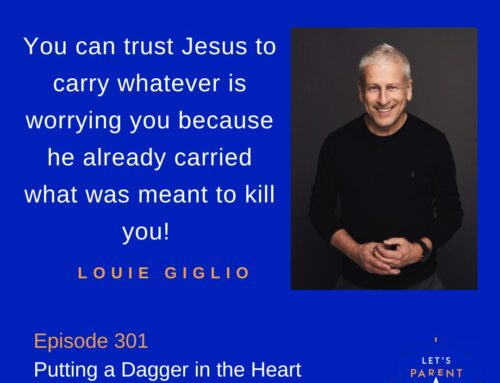
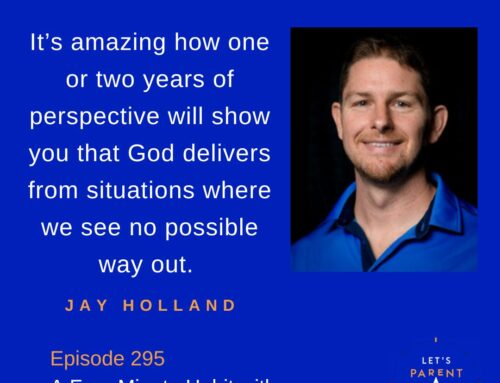
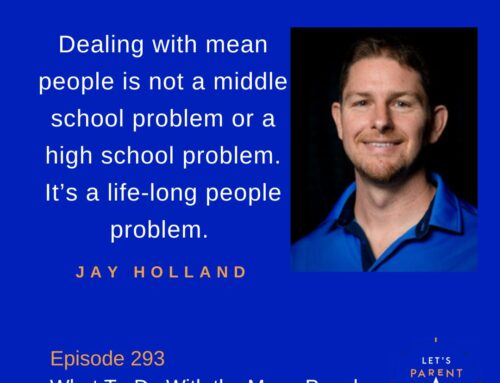
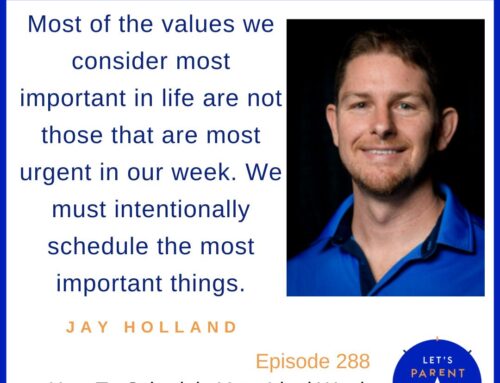
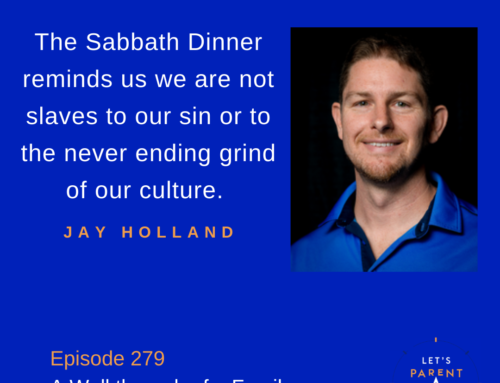
I am learning this everyday! Bit in this category 5 we are going through we are learning that God is giving sweet blessings along the way! What an awesome God we serve! Thank you for your wise words.
Thank you Glynette! I pray you all find peace and strength as you weather this scary storm!
Weathering the storms. This is a keeper! Thank you!
Actually, there are promises concerning all the things the author said God made no promises for. It’s hard to believe a minister would say such a thing. It’s never a good idea to change the Gospel, and the many promises of God because so many Christians fail to obtain His promises. I get the point of the article, to cling to God no matter what, which is good advice, but there’s no need to throw out faith, authority, healing, protection, and dozens of other promises to make that point. We shouldn’t be in the ministry if we don’t know the Word with faith. Excuses for failure don’t help anyone, and God doesn’t will failure for us. We should learn what we did wrong when we have a prayer failure.